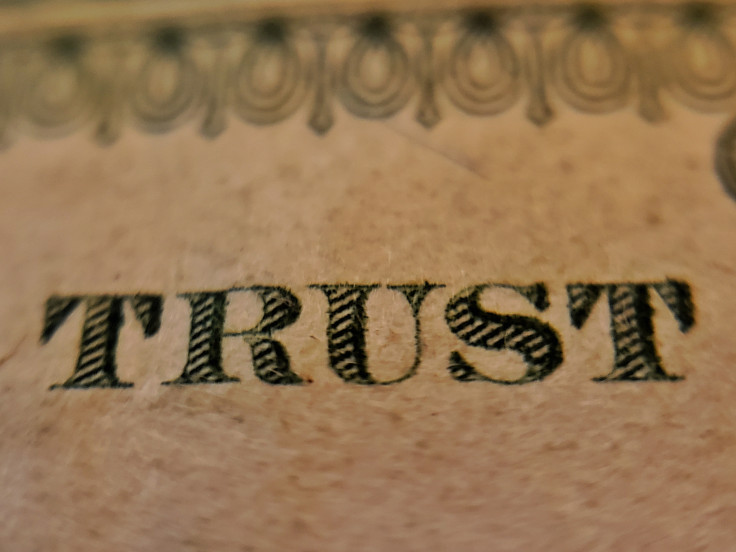What Is The Better Business Bureau And How Can They Help Your Small Business?

With so many businesses operating in North America, it can be hard to decide which ones to work with and trust. The Better Business Bureau (BBB) offers a solution to determine the reliability of businesses.
While it may appear they cater to consumers, there are various ways businesses also benefit from the BBB. Let's learn more about the BBB, their rating system and how they can help your small business.
What is the Better Business Bureau?

The BBB is a private, nonprofit organization. Its mission is to improve trust between businesses and consumers. The BBB concept was established in the 1900s due to widespread false advertising practices. It has no government agency affiliations and is a resource for you to determine an organization's performance and trustworthiness.
Services offered by the BBB
One of the main services provided by the BBB is a free database of over 4 million businesses in North America. The database lists the services or products a business offers, the number of complaints filed against the business, and an assigned BBB rating. Additionally, the BBB provides accreditation to reputable businesses engaging in fair business practices.
The BBB also offers dispute resolution. Consumers can file complaints against a business, and the BBB will act as a neutral party and mediator. The BBB receives over 885,000 consumer complaints annually and resolves around 75% of cases. They will not handle disputes that are already in court.
How does the BBB rating system work?
Since January 2009, the BBB has used an A+ to F rating system. They base their ratings on numerous factors, including handling consumer complaints and demonstrating truthful advertising practices. Factors are weighted differently, with the following being the most heavily weighted:
- Type of business.
- Government actions against the company.
- Number of unresolved and unanswered complaints.
- Failure to honor mediation or arbitration.
The business receives a score out of 100, which the BBB converts into a letter grade. For example, 97 to 100 is an A+ grade, and 94 to 96.99, an A grade.
How do you apply for BBB accreditation?
While the BBB database lists both accredited and nonaccredited businesses, you can choose to become accredited if you "support the mission and vision of BBB." To qualify for accreditation, the business must be in operation for at least one year and:
- Hold a license to conduct business in its respective industry.
- Have no unresolved complaints.
- Be transparent in practices.
- Follow BBB advertising codes.
- Maintain BBB accreditation standards.
There are annual fees required to retain accreditation status and additional fees for using the BBB logo on marketing materials.
How Can the BBB Help Your Small Business?
Whether you are an accredited business with the BBB or not, here are four ways the BBB can support your small business.
Increase visibility
Thousands of businesses are viewed every month through the BBB database. Being on their site can increase traffic to your business. As an accredited business, you can also access additional services such as a mobile website designed for you by the BBB and media exposure when you need to produce or forward news releases.
Certified trustworthiness

While the BBB doesn't promote or recommend any specific entity, having a high rating in their database can be helpful for your small business. When competing with bigger, well-known companies, showing that your business is reliable and handles issues well helps you attract new customers.
Complaint mediation
The BBB acts as a preemptive proactive measure for customer complaints before they become lawsuits. To maintain your business BBB accreditation, you must respond to consumer complaints within 14 days. If your response does not satisfy the customer, the BBB can act as a neutral party to help mediate and resolve disputes. These services are free for accredited businesses and can save your small business on attorney and court costs.
Nonaccredited businesses that respond to complaints quickly and satisfactorily can also receive an improved rating score.
Adopt best practices
The BBB can help your business adopt best practices through its various programs. For example, the Children's Advertising Review Unit (CARU) helps companies comply with guidelines and laws protecting children. You can also obtain certifications such as a Data Privacy Certification to demonstrate compliance with established data privacy standards.
Final thoughts
By engaging in best practices, having a high BBB rating, or applying for accreditation, your small business can stand out as a trustworthy option for consumers. Check your rating online and see how you can improve it through the BBB.
© Copyright IBTimes 2025. All rights reserved.





















